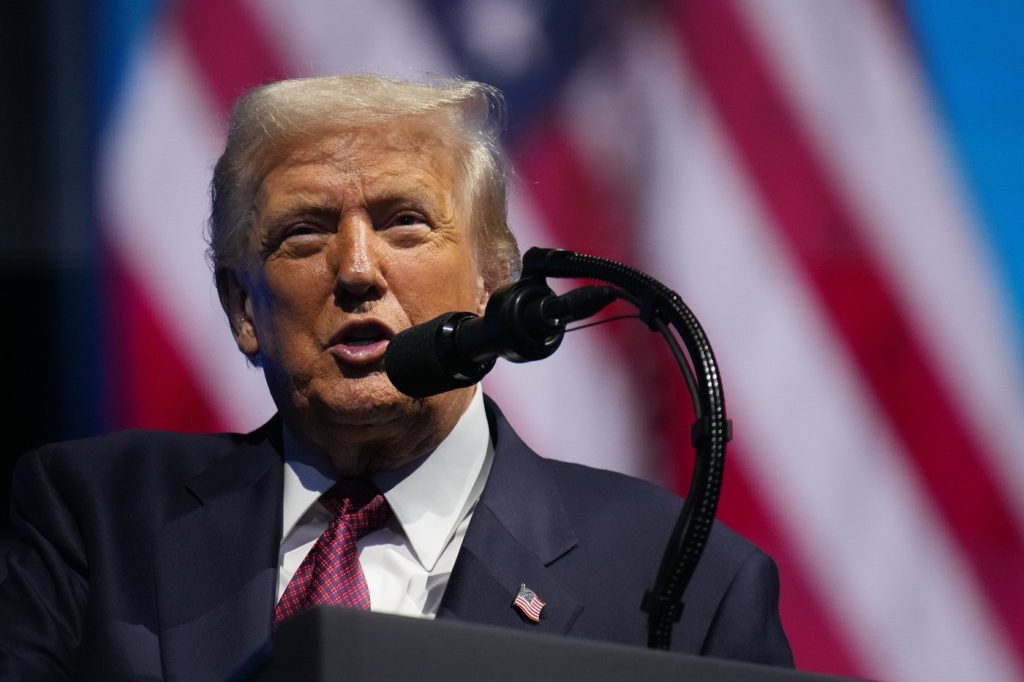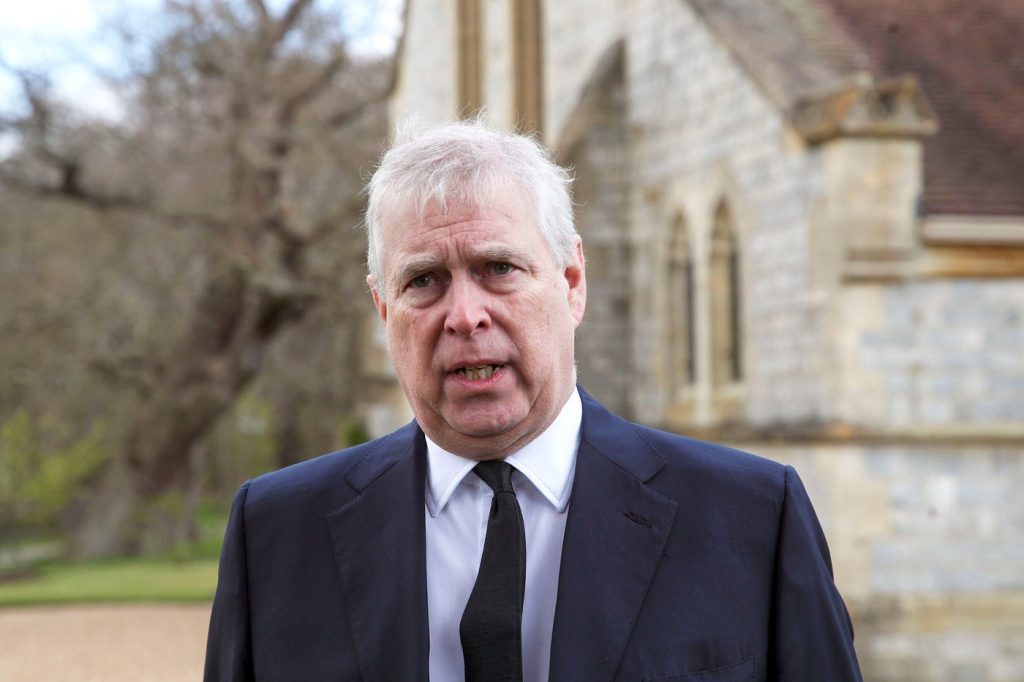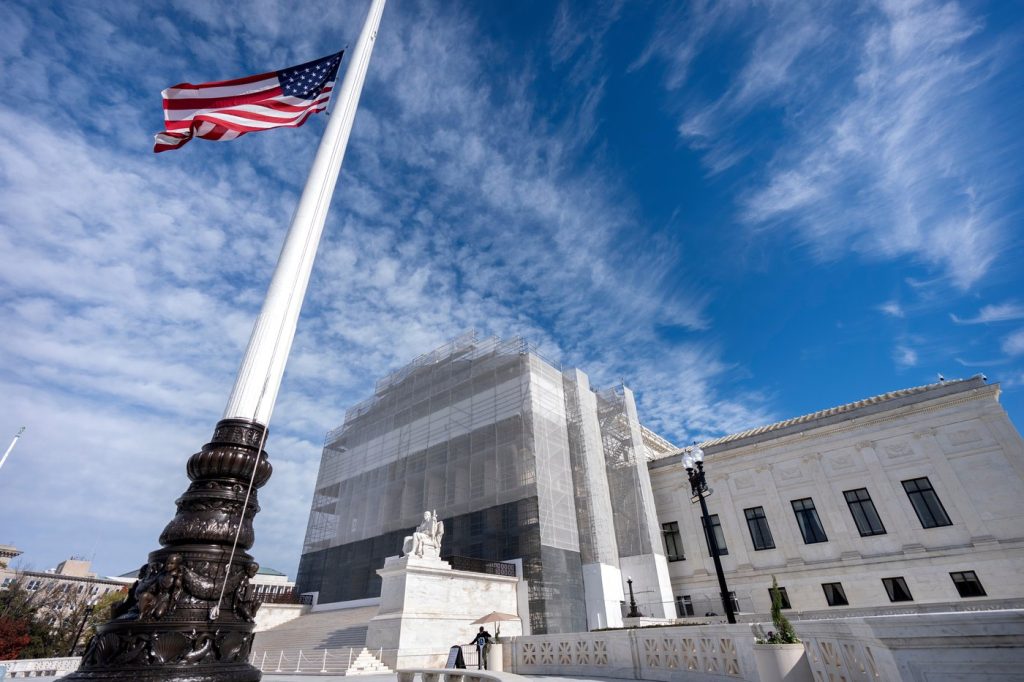A federal appeals court breathed new life into former President Donald Trump's efforts to overturn his hush money conviction on Thursday. The 2nd U.S. Circuit Court of Appeals directed a lower court to reassess its prior ruling that kept the case in New York state court instead of allowing it to move to federal court. This decision hinges on the potential for Trump to argue presidential immunity regarding his conviction.
The three-judge panel, comprising Judges Susan L. Carney, Raymond J. Lohier Jr., and Myrna Pérez, noted that U.S. District Judge Alvin Hellerstein had made an error by not addressing “important issues relevant” to Trump's request. While the appeals court judges refrained from expressing a definitive opinion on how Hellerstein should decide, they stressed the need for a reconsideration of the evidence presented in the state court.
Hellerstein, who was appointed by Democratic President Bill Clinton, had previously denied Trump’s motions to move the case on two occasions: first after Trump’s indictment in March 2023 and secondly following his May 2024 conviction and a ruling from the U.S. Supreme Court indicating that presidents and former presidents cannot be prosecuted for actions taken while in office. In the latter ruling, Hellerstein argued that the issues surrounding Trump’s conviction for falsifying business records were linked to his personal life rather than his official duties, thereby falling outside the purview of the Supreme Court's immunity ruling.
In their ruling, the appeals court contended that Hellerstein failed to consider whether certain pieces of evidence used in the state court trial pertained to official acts, and whether that could transform the nature of the case. The judges specifically pointed out that Hellerstein should examine whether any evidence presented during the trial related to Trump’s presidential actions, and if so, how that impacted the jurisdictional debate regarding moving the case to federal court.
The legal deliberations came after oral arguments were heard in June, where the judges rigorously questioned Trump's counsel and the appellate chief for the Manhattan District Attorney’s office, which has argued for the case to remain in state court. Judges Carney and Lohier were nominated by Barack Obama, while Pérez was appointed by Joe Biden.
A spokesperson for Trump’s legal team proclaimed, "President Trump continues to win in his fight against Radical Democrat Lawfare," emphasizing that the Supreme Court’s decision on immunity and other precedents should warrant the dismissal of the case. Conversely, officials from DA Alvin Bragg's office chose not to comment on the appeals court's ruling.
Trump was convicted in May 2024 of 34 felony counts for falsifying business records linked to a hush money payment made to adult film actress Stormy Daniels, whose claims of an affair allegedly threatened Trump’s 2016 presidential campaign. Trump has consistently denied these allegations, asserting his innocence and appealing his conviction to a state appellate court.
In his attempts to transfer the hush money case to federal court, Trump’s lawyers argued that federal officials, including former presidents, have a right to defend themselves in federal court for actions taken while in office. A significant part of the prosecution involved checks written by Trump during his presidency, which Trump's legal team asserted should qualify for federal jurisdiction.
Trump's attorney, Jeffrey Wall, suggested that the prosecution hastily brought the case to trial before the Supreme Court could clarify the presidential immunity doctrine, asserting that jurors were unjustly presented with certain evidence relating to Trump’s conduct while in office. Wall described Trump as “a class of one” and insisted that the circumstances warranted federal court intervention.
In opposition, Steven Wu, representing the district attorney’s office, argued that Trump missed the appropriate window for moving the case, as requests typically must be made within 30 days of arraignment, barring any demonstration of "good cause." Hellerstein had originally pointed out that Trump failed to show this requisite "good cause" to warrant a late request, yet the appellate panel expressed uncertainty that Hellerstein had adequately considered all pertinent issues in their ruling.
During oral arguments, Wall articulated that the delay in seeking to move the case to federal court was strategic, aiming to resolve the immunity argument with the trial judge first. However, Judge Juan Merchan, who oversaw the trial, rejected this request. Subsequently, on January 10, Trump received an unconditional discharge, maintaining the conviction but exempting him from further punishment.












